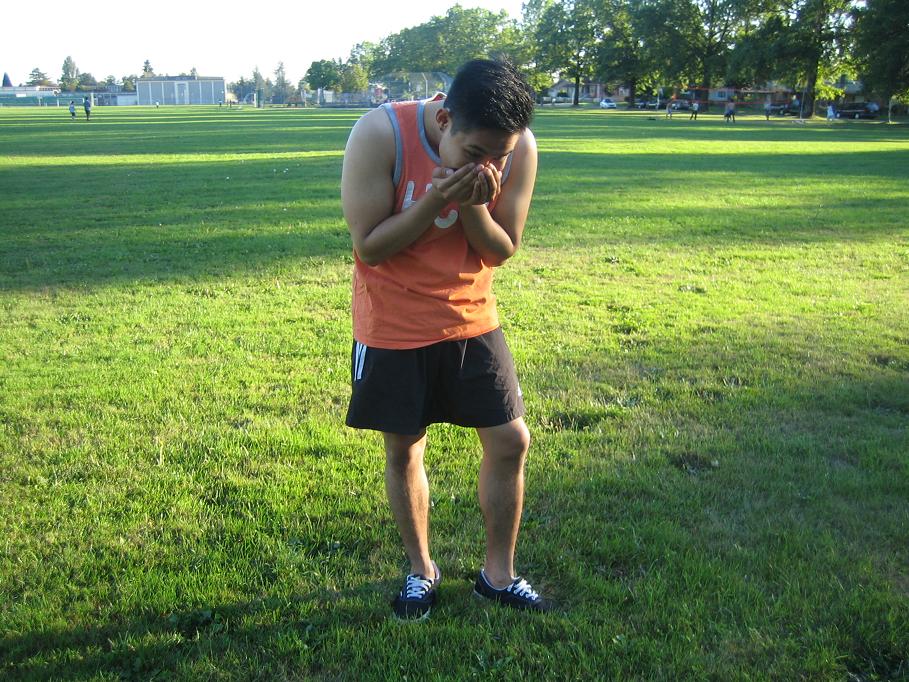The common cold is a form of viral infection involving the nose and throat. The common cold is usually harmless and is not a harmful disease. There are many types of viruses that can cause a common cold. Children that are younger than 6 years old are at the greatest risk of colds while adults who are healthy can expect to only have 2-3 colds yearly.
Generally, people will recover from the common cold within a week. Symptoms can persist for those who smoke. If the symptoms fail to improve after a week, you should see your doctor.
Signs and symptoms of the common cold

These symptoms usually appear one to three days after exposure to the virus that causes the cold. The signs and symptoms can vary from person to person and they include:
- Runny or stuffed nose
- Congestion
- Sneezing
- A cough
- A sore throat
- Minimal body aches or a minor headache
- Low-grade fever
- Generally feeling unwell
The discharge that comes from your nose may thicken and appear green or yellow in color as the infection runs its course.
Causes
The rhinovirus is the most common cause of the common cold. Many types of viruses can also cause the common cold. The common cold happens when the virus causing the cold enters your body through your eyes, nose, or mouth. The virus can be spread through droplets in the air when someone who is infected coughs, sneezes, or even talks.
FACT CHECK
https://en.wikipedia.org/wiki/Common_cold
https://www.mayoclinic.org/diseases-conditions/common-cold/symptoms-causes/syc-20351605
